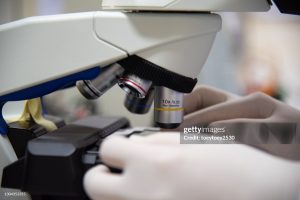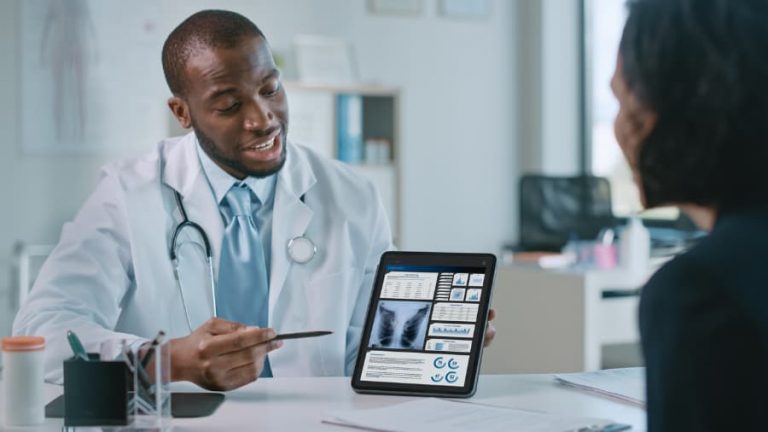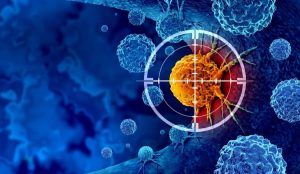
2026 Cancer Statistics
Cancer Death and Diagnosis Statistics for 2026: 2 RCCA Oncologists Provide Insights into the Numbers The latest statistics from the American Cancer Society (ACS) detail
HIPAA Alert: Potential Data Breach Learn More
Questions on Oncology, Hematology and/or Infusion Clinical Services due to COVID-19 Crisis – CALL 833-698-1623
Important Information for Our Patients Regarding the Coronavirus.
RCCA Providing Area Cancer Patients with Access to Care During Coronavirus Outbreak
RCCA Offering Patients Virtual Visits During Coronavirus Pandemic
With knowledge of lung cancer risk factors, people can take steps to reduce their chances of developing the disease. While some risk factors – such as age, genetics, and family history – can’t be changed, others can be. Further, understanding the range of both modifiable and non-modifiable risk factors can provide important insights on your likelihood of developing risk factors, and can help you talk with your physician about your risk profile and any monitoring or other steps that may be indicated. Consult with cancer care medical experts in New Jersey, Connecticut, Massachusetts and the Washington, D.C., area at Regional Cancer Care Associates, and learn about the major lung cancer risk factors.

The leading cancer killer in both men and women in the U.S., lung cancer arises because of changes in the cells of the lungs. These changed cells grow faster than normal cells, damaging lung tissue in the process, and forming tumors. There are two main types of lung cancer – small cell lung cancer (SCLC) and the more common non-small cell lung cancer (NSCLC). There are several subtypes of these main types of lung cancer, as well as other forms of lung cancer, such as lung carcinoid tumors. Becoming aware of lung cancer risk factors can encourage appropriate screenings early detection, and effective cancer treatment. Risk factors include:
People with lung cancer may experience a variety of symptoms. Watching for the following symptoms and telling your doctor about them promptly can help ensure early diagnosis and treatment of lung cancer:
It is important to understand that many of these symptoms, such as a persistent cough, may represent any number of conditions, and do not necessarily mean that a person has lung cancer. However, it is important to have the symptom evaluated by a physician without delay to identify and address the cause of the problem.
Because there are several types of lung cancer, treatment options vary. Based on the type of diagnosis, stage of the lung cancer, overall health of the individual patient and other factors, the expert doctors at Regional Cancer Care Associates develop a personalized treatment plan for each patient.
These plans may use targeted therapies and immunotherapies, as well as surgery, chemotherapy, and radiation therapy in treating lung cancer.
Awareness of lung cancer risk factors and symptoms can help speed diagnose and ensure early initiation of treatment. At Regional Cancer Care Associates, patients with lung cancer, other forms of cancer, or blood disorders receive the latest therapies and compassionate care from physicians and other healthcare professionals who are dedicated to obtaining the best possible outcomes for their patients. With 25 care centers throughout New Jersey, Connecticut, Massachusetts, and the Washington, D.C., area, you can find help close by. Make an appointment at a Regional Cancer Care Associates location convenient to where you work and live today.
If you or a loved one is battling non-Hodgkin lymphoma, you aren’t alone. Our experts at Regional Cancer Care Associates are dedicated to delivering accurate diagnoses and effective treatments. To find out more or make an appointment, get in touch with us at one of our locations throughout New Jersey, Connecticut, Massachusetts and the Washington, D.C., Area.

Cancer Death and Diagnosis Statistics for 2026: 2 RCCA Oncologists Provide Insights into the Numbers The latest statistics from the American Cancer Society (ACS) detail

Medical research has made tremendous strides in improving how oncologists understand and treat cancer. One of the most exciting developments is the use of radiopharmaceuticals.

“Consider the source.” It’s good advice for dealing with the sting of criticism or the allure of gossip, but two oncologists say it’s even better

Regional Cancer Care Associates is one of fewer than 200 medical practices in the country selected to participate in the Oncology Care Model (OCM); a recent Medicare initiative aimed at improving care coordination and access to and quality of care for Medicare beneficiaries undergoing chemotherapy treatment.